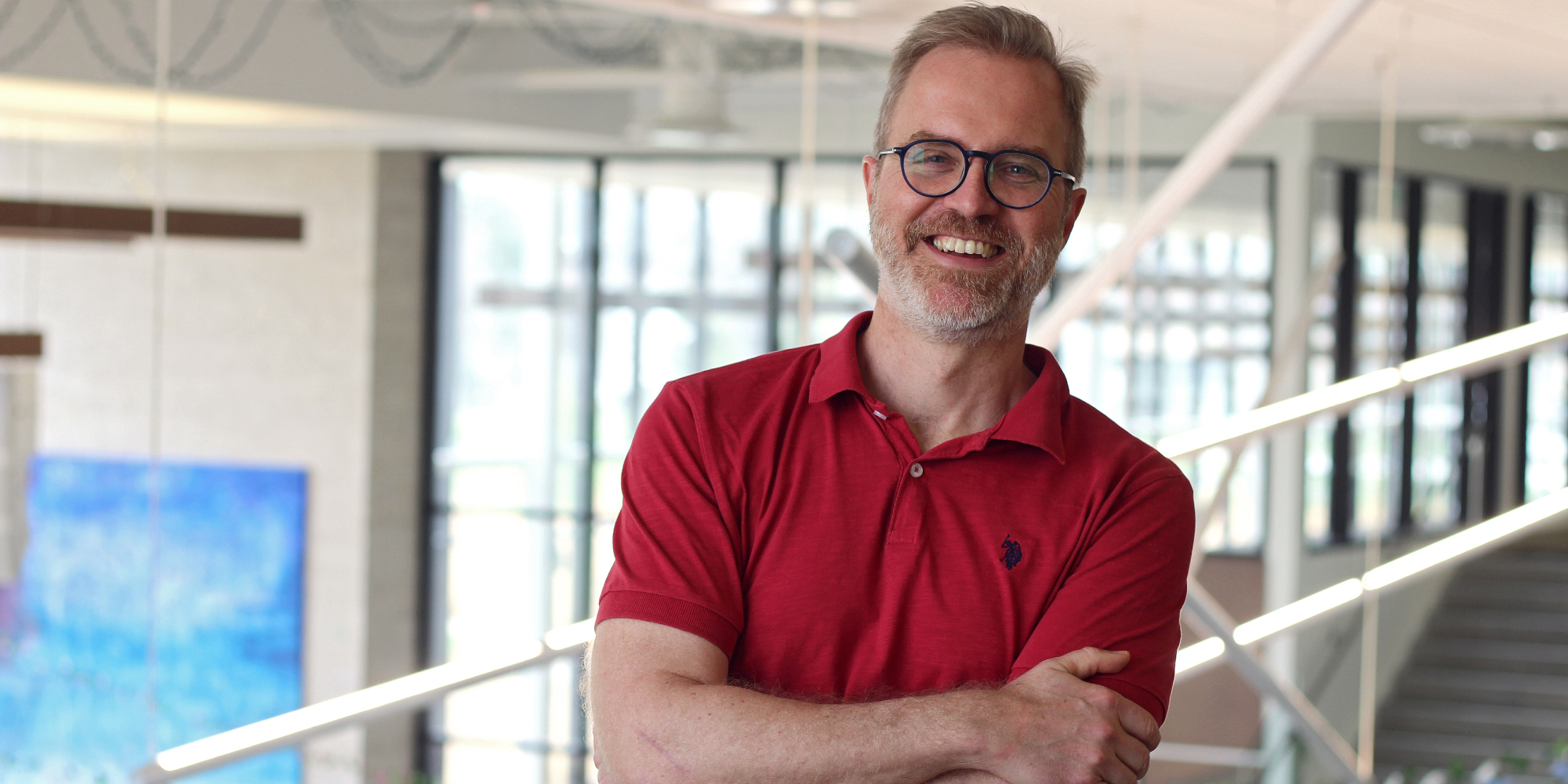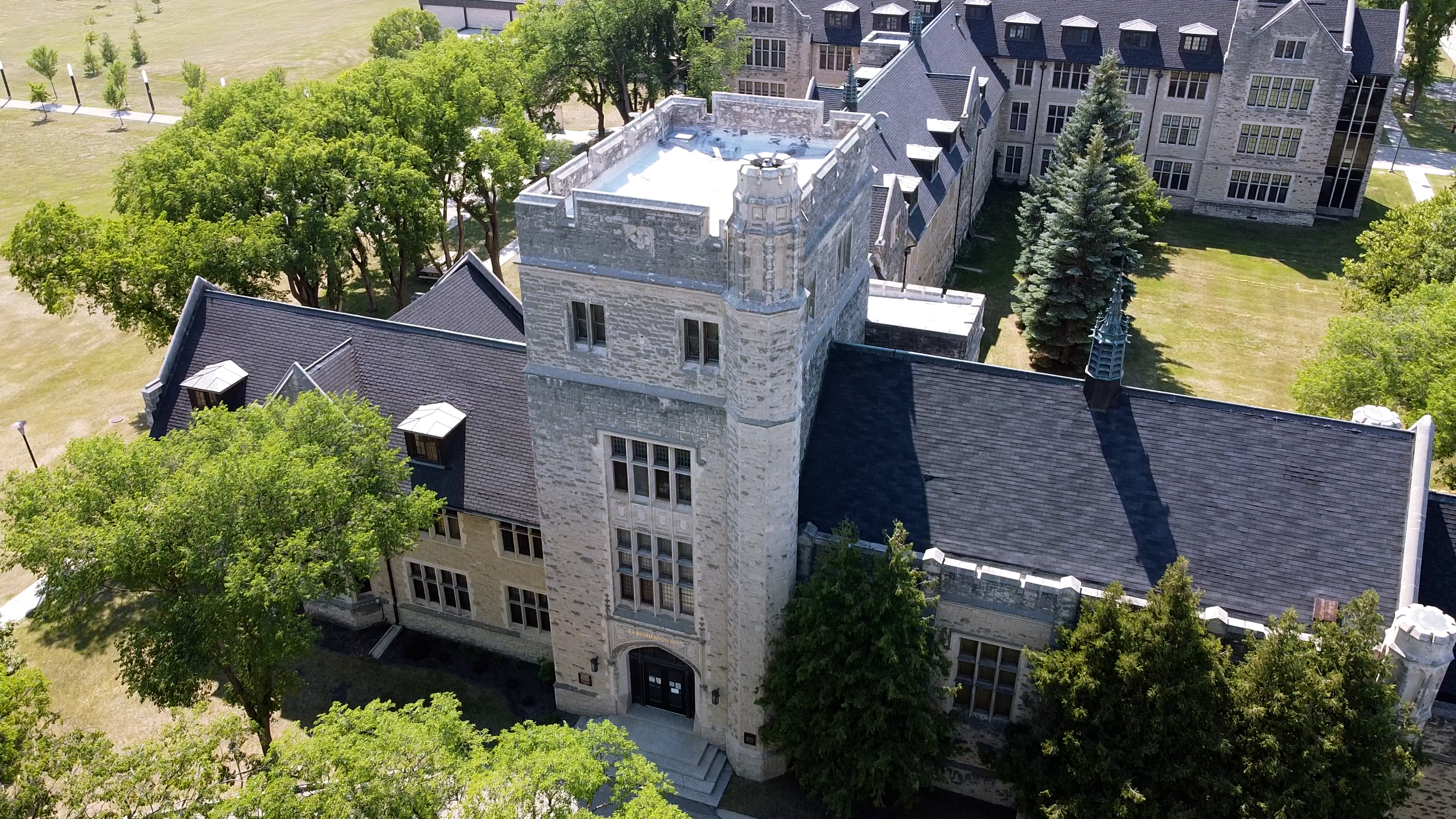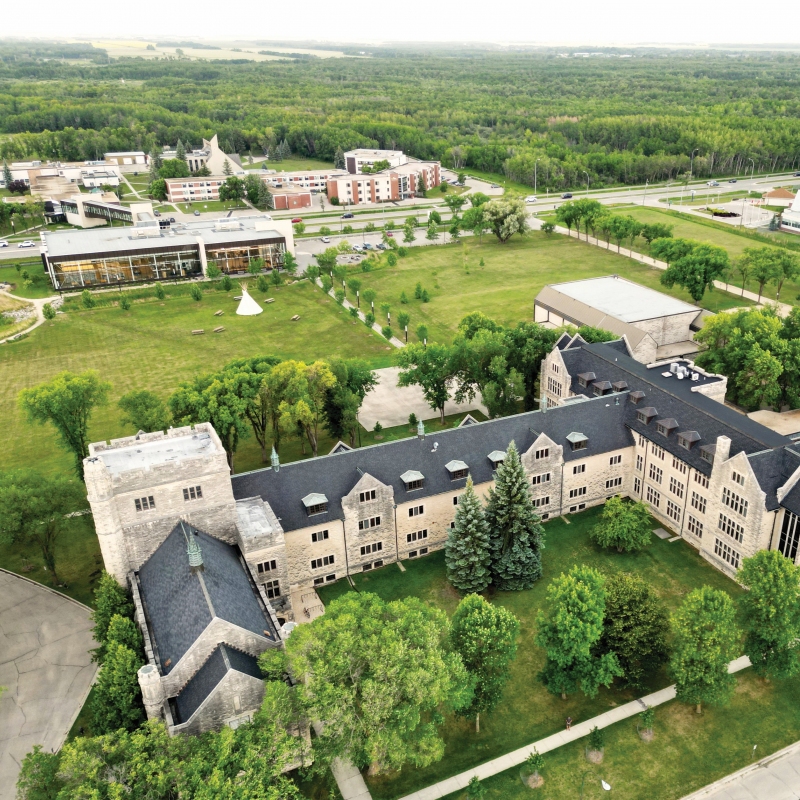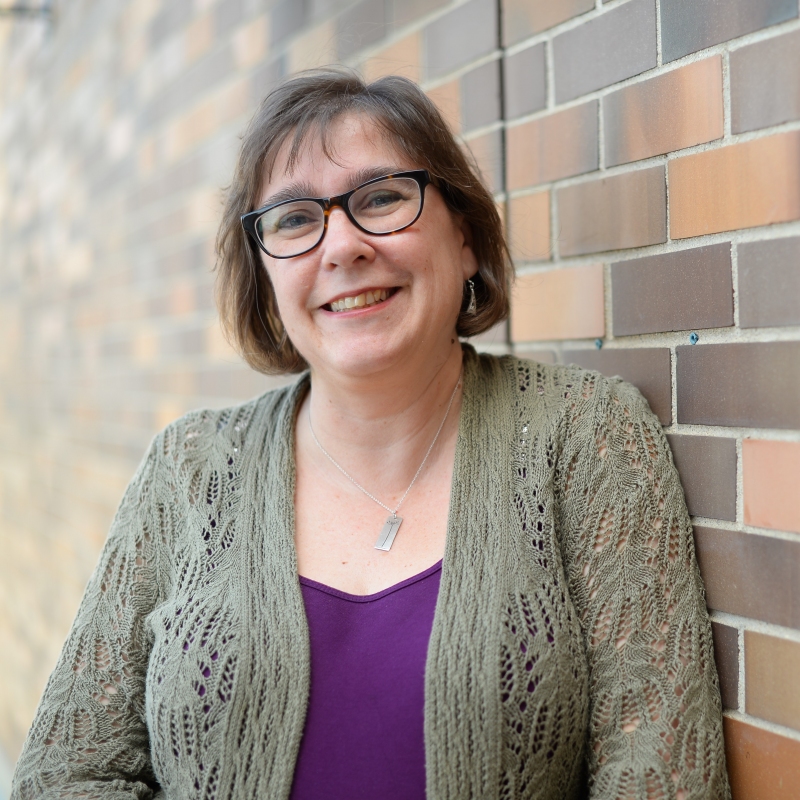Bachelor of Social Work BSW

Reasons to Study Social Work at CMU
Social work is a program that builds on a strong liberal arts foundation. Having a grounding in psychology, sociology, economics, philosophy, etc. are core to the work we do. CMU is a liberal arts university that believes in collaboration and cross-disciplinary learning. Students are expected to take courses from other programs, including peace and conflict studies, ecology/environmental studies, religion, psychology and Indigenous studies. This degree intentionally crosses disciplinary boundaries, ensuring that our students are challenged to think outside of conventional approaches to social work. For example, all first-year CMU students take a Ways of Knowing course that draws together students and professors across disciplines to explore diverse perspectives on important questions that shape our world.
We are on a reconciliation journey that acknowledges the deep harm that both the Christian church and the social work profession have caused to Indigenous people. We seek out Indigenous voices and build relationships with Indigenous partners to help us shape the program in ways that invite students to engage in their own path of reconciliation. The Indigenous Curriculum Council—which includes elders, knowledge, keepers and community leaders—is a body that offers wisdom to CMU in the programs that it offers, and Indigenous social workers and educators are an important part of the social work program’s steering committee, helping to shape and guide program development.
We center community-based practice with a focus on social justice. This is an important arm of social work that often gets lost to a priority on direct practice with individuals. We know that strong communities build strong people and families. We ground ourselves in CMU’s strong commitment to social justice and ensure that our students are equipped to engage at that wider level of practice with an understanding of the experience of the marginalized and the capacity to advocate for access to resources and change in oppressive systems.
We pride ourselves in being able to know our students individually as a person, not a number. We foster a space where our students will get to know their peers well, creating a cohort of people to network with when they graduate and are working in a wide array of social work fields of practice. By knowing students well, we are better able to support them in their educational journey and help each one to find that practice niche where they will thrive as a social work professional.
Social workers need to be self aware and develop ways to bring who they are to the important tasks of contributing to healing in our world. In this program, students can expect to be challenged to reflect on their own religious, spiritual, or secular beliefs. At CMU, students have the opportunity to examine the role of faith in their studies, and in social work they will be able to reflect on how faith impacts their capacity to care, to be present, and to value and support the spiritual and religious beliefs and practices that others draw on in their healing journeys.
- Programs
- Bachelor of Social Work
- Reasons to Study Social Work at CMU
- Tuition and Fees
- Admission Requirements
- Program Requirements
- Faculty
- Field Education
- Learning Outcomes
- Apply Now
SWRK-1000
Exploring Social Work Practice
This course is an introduction to the profession of social work. It will examine the history and theoretical evolution of social work practice through a critical lens.
Available for visiting and extended education students.
Fall: Tues/Thurs, 10:00–11:15 AM in person
Winter: Tues, 6:00–8:45 PM online
Current CMU students: Register through Populi
Future students: apply here
Bachelor of Social Work News

CMU's social work degree makes a difference

Professor brings innovative environmental justice course to social work program

Mennonite university adds social work program
(Winnipeg Free Press | July 18, 2024)

CMU's social work program receives pre-accreditation from Canadian governing body of social work
(June 26, 2024)

CMU appoints experienced social worker and professor to faculty
(February 27, 2024)

CMU welcomes Dr. Alexander Sawatsky to lead new Bachelor of Social Work degree program
(May 16, 2023)

CMU to launch professionally aligned, socially impactful Bachelor of Social Work degree program
(May 4, 2023)



 Print This Page
Print This Page